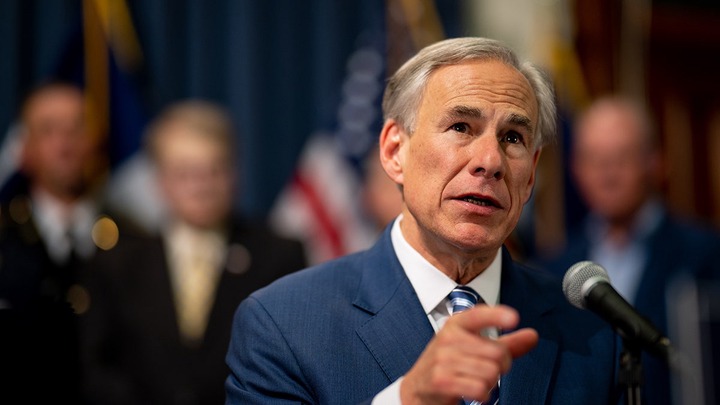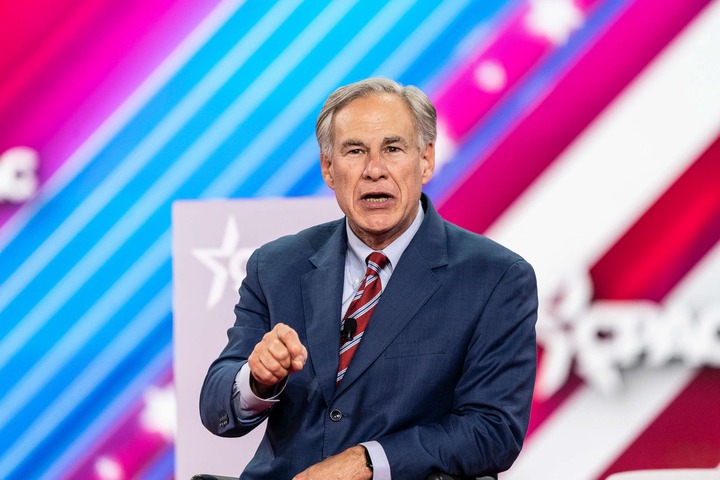Governor Abbott Unveils Major Declaration Following Supreme Court Decision Regarding State Border

**A Fierce Stand: Texas Governor Vows to Defend Borders Despite Supreme Court Decision** ( 📄 “It’s Not A Coincidence” Maine Secretary Of State Reveal What Happened After Election Ballot Ruling )

Texas Governor Greg Abbott stands resolute, vowing to protect the state’s borders in the face of a contentious 5-4 Supreme Court ruling favoring the Biden administration’s emergency request.
The decision intensifies an already heated debate over immigration policies and border security, sparking a political firestorm in the Lone Star State.
Abbott, a fervent advocate for robust border control, had previously fortified a 30-mile stretch near Eagle Pass with razor wire to deter illegal immigration. Now, faced with the Supreme Court’s nod to federal authority, he asserts Texas’s constitutional right to safeguard its borders.
Expressing his unwavering commitment on Twitter, Governor Abbott declares, “I will continue to defend Texas’s Constitutional authority to protect its borders.
” This statement underscores his resistance to perceived federal overreach and the potential threat to the state’s autonomy in enforcing border security measures. ( 🔗 “It’s Catching Up To Him Rapidly” Trump’s Unexpected Closing Message To Supporters )
The Twitter post reignites discussions about the delicate balance of power between federal and state authorities in shaping immigration policies.
The razor wire, initially installed as a deterrent, evolves into a symbol of broader tensions surrounding immigration and the ongoing struggle to find common ground on effective border security measures.
Critics question the humanity and efficacy of this approach, expressing concerns about potential harm to those attempting to cross the border and its impact on diplomatic relations.
Texas Attorney General Ken Paxton, a vocal critic of the decision, emphasizes the temporary nature of the Supreme Court’s order. He pledges to continue the fight against what he labels the Biden administration’s “illegal effort to aid the foreign invasion of America.
” The decision’s broader implications extend beyond the immediate razor wire removal, prompting questions about the balance between enforcing federal immigration laws and respecting states’ autonomy.
Governor Abbott’s call to defend Texas’s constitutional authority resonates with other state leaders advocating for a decentralized approach to immigration policy. (news-us.feednews.com)
As legal and political battles unfold, the spotlight remains on the U.S.-Mexico border, where immigration complexities, national security concerns, and state sovereignty intersect. The razor wire controversy epitomizes the clash between federal and state authorities, underscoring the challenges faced by policymakers in finding common ground on this far-reaching issue. ( 🔗 Doctors delivered baby then saw the umbilical cord and made a surprising discovery )
Amidst this ongoing debate, Governor Abbott’s commitment to defending Texas’s borders becomes a rallying cry for those valuing state autonomy in shaping immigration policies. The aftermath of the Supreme Court’s decision promises to reverberate in the political landscape, adding another chapter to the saga of immigration reform and border security in the United States—a narrative with profound implications for the nation as a whole.


